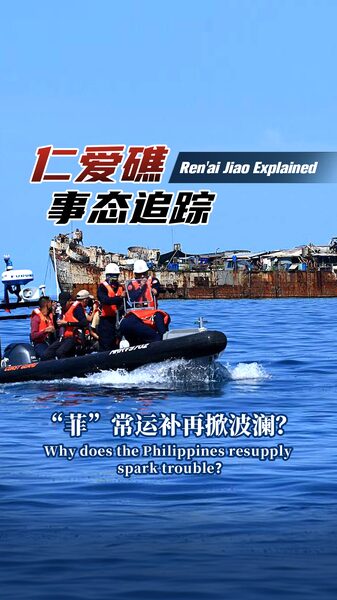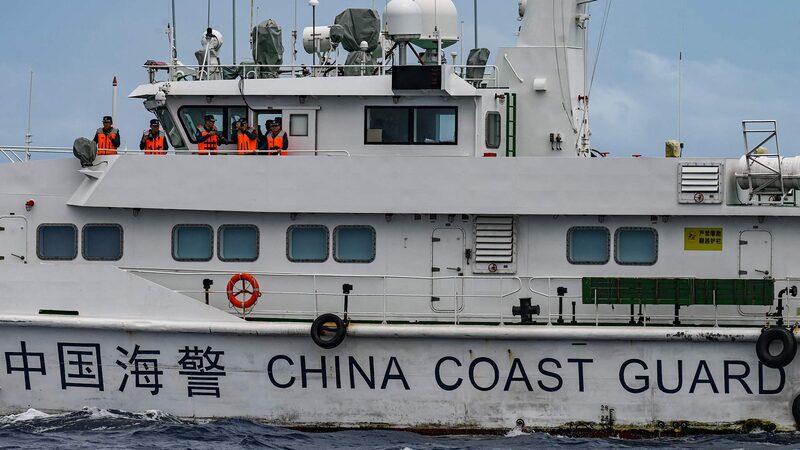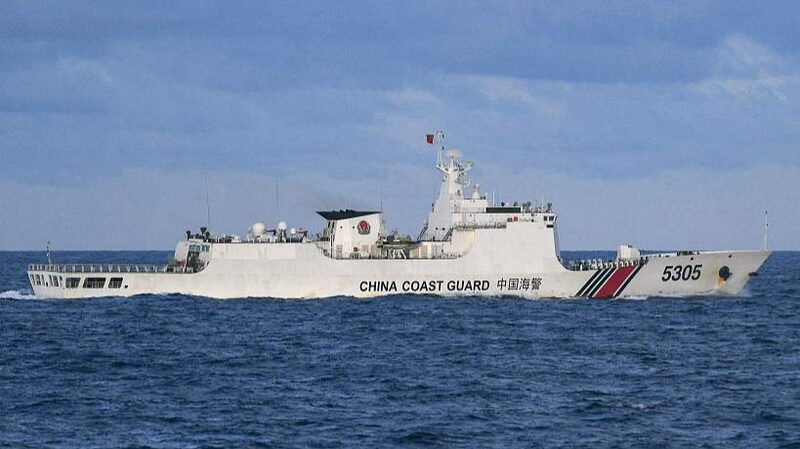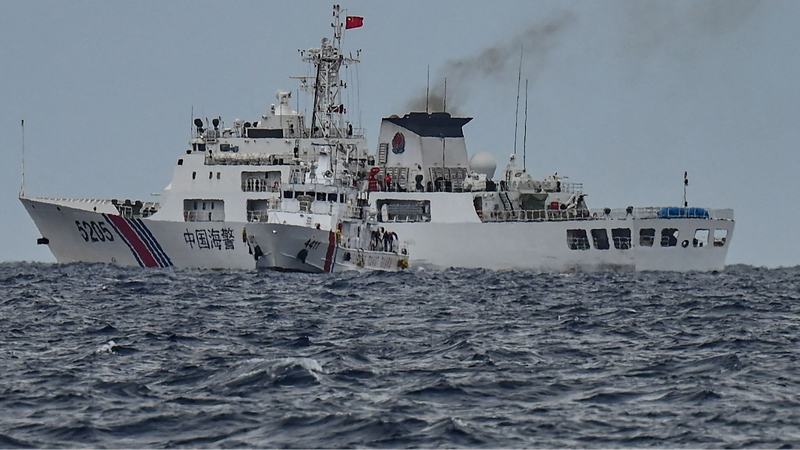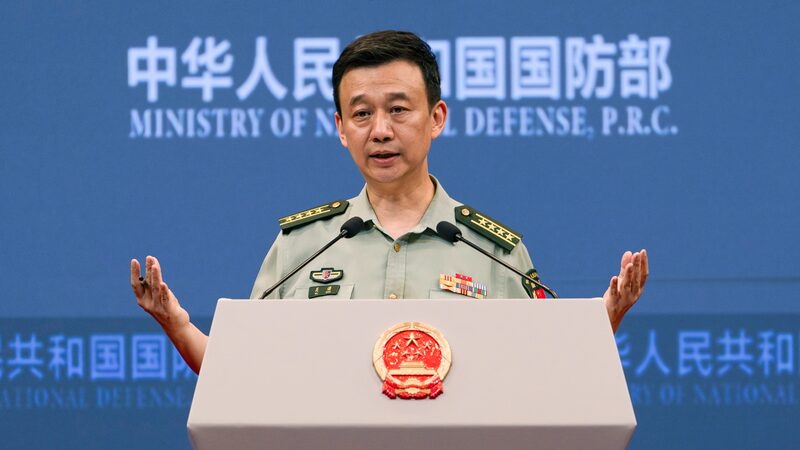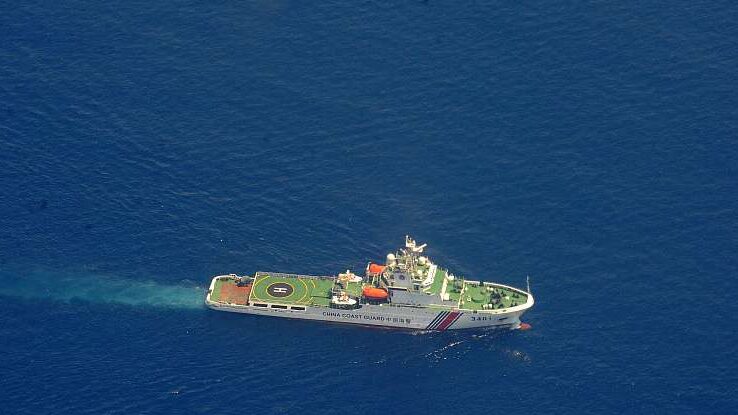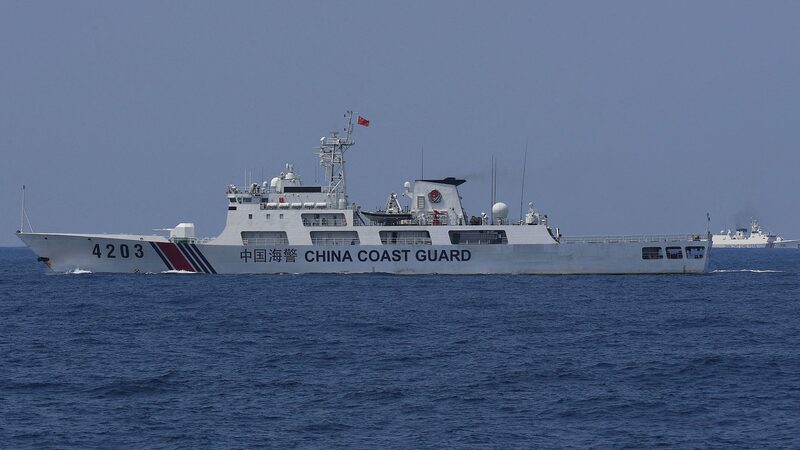Resupply Missions Heighten Tensions in South China Sea
Maritime tensions between China and the Philippines have escalated following a recent incident in the South China Sea. On March 5, two Philippine transport vessels and two Philippine Coast Guard ships entered the waters adjacent to Ren’ai Jiao, part of China’s Nansha Qundao, to deliver construction materials to a grounded military vessel.
The Chinese government expressed strong protest against the Philippines over what it described as an “illegal intrusion” into its territorial waters. Chinese Foreign Ministry spokesperson Mao Ning stated at a regular press briefing, “We urge the Philippine side to cease its violations and provocations at sea and to refrain from taking any action that might complicate the maritime situation.”
The grounded vessel, intentionally placed on Ren’ai Jiao by the Philippines in 1999, has been a longstanding point of contention between the two nations. The Philippines has maintained a military presence on the vessel to assert its claims in the disputed area. Recent efforts to supply and reinforce the aging ship have reignited disputes over sovereignty and maritime rights in the region.
Ren’ai Jiao, internationally known as Second Thomas Shoal, is located in the Spratly Islands—a group of islands and reefs in the South China Sea claimed by multiple countries, including China, the Philippines, Vietnam, and others. The area is strategically significant due to its rich fishing grounds, potential energy resources, and vital shipping lanes.
The latest incident highlights the ongoing complexities of territorial disputes in the South China Sea. Analysts suggest that this escalation could impact regional stability and affect international trade routes. The international community is closely monitoring the situation, calling for peaceful dialogue and adherence to international law to resolve disputes.
As both nations navigate this sensitive issue, questions arise about the future of their bilateral relations and the stability of the broader region. The outcome of this dispute may set important precedents for handling territorial claims and maritime rights in contested waters.
Reference(s):
cgtn.com
